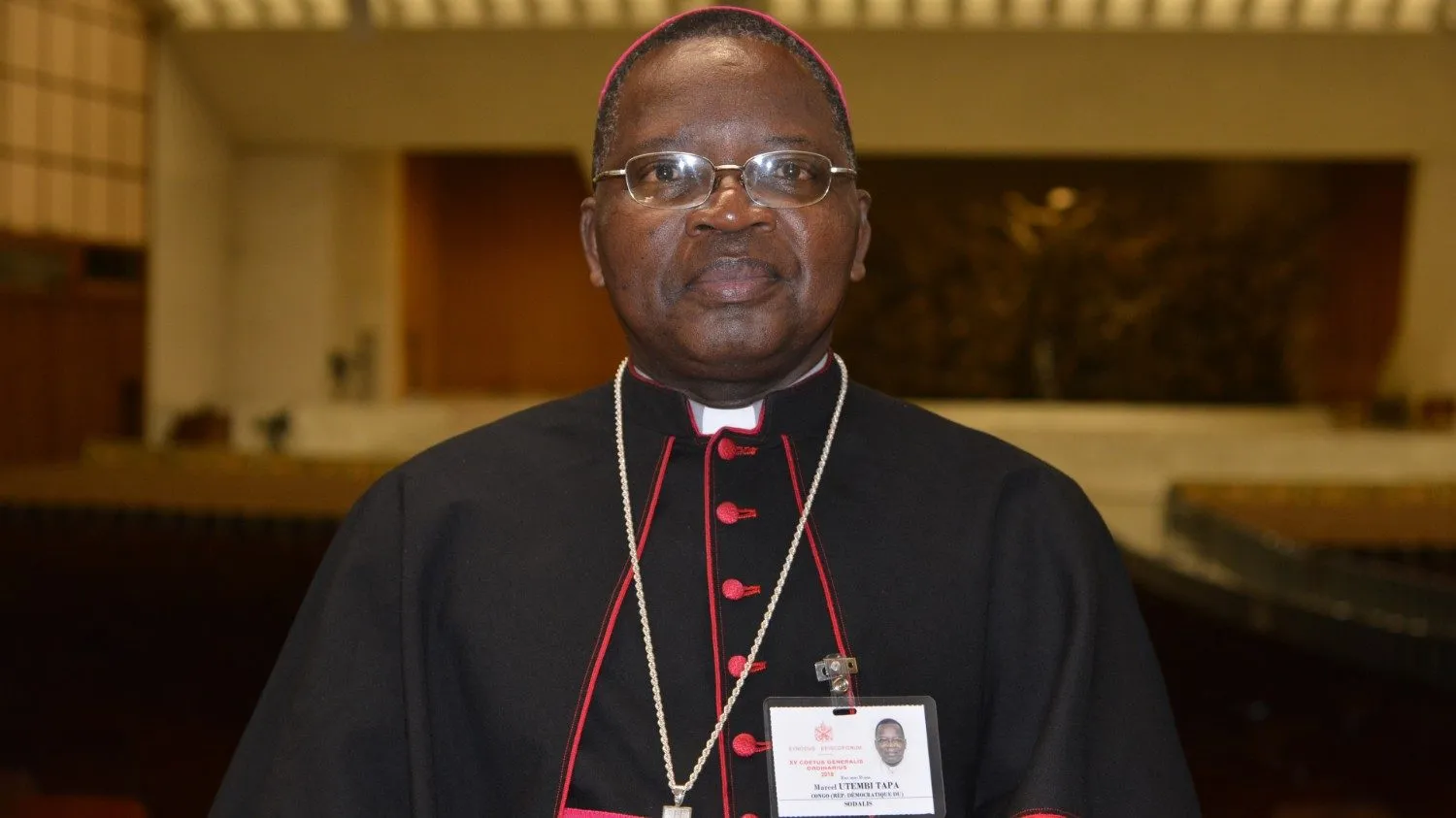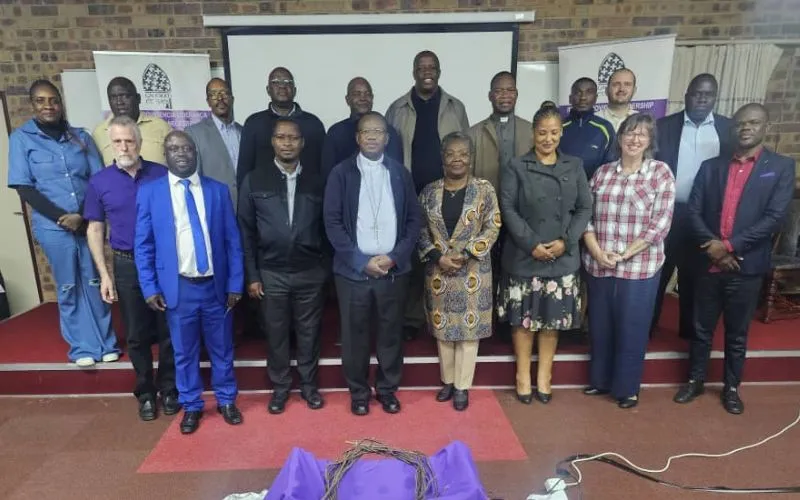“The Church of our time increasingly needs to listen to the Spirit, and to each other,” the Congolese Archbishop said.
According to the Archbishop, the starting point of synodality is the Church’s readiness to enter into a dynamic process of constructive, respectful and prayerful listening to the Word of God, and of humanizing dialogue that respects the baptismal dignity of all.
The Local Ordinary of Kisangani Archdiocese admitted that during the synod in Rome, participants grappled with “numerous solicitations from journalists and the media.”
He said, “During this synodal assembly, the atmosphere of prayer and concentration on the essentials, while avoiding the numerous solicitations from journalists and the media seeking at all costs to extract information on the matters dealt with in the Working Group or the General Assembly, enabled and favored the smooth progress of the work.”
Reflecting on the participation of lay men and women during the synod, the 64-year-old Archbishop who started his Episcopal Ministry in January 2002 as Bishop of DRC’s Mahagi-Nioka Diocese said, “The contribution of lay men and women has been substantial and edifying in the perspective of the synodal Church, called to count on the contribution of all.”
“During this synodal assembly, we have truly experienced the beauty of complementarity and reciprocity between women and men,” he said, and added, “Women, as we know, make up the majority of the faithful and are often the first missionaries of the faith within the family. Consecrated women in contemplative and apostolic life are a gift, a sign and a witness of fundamental importance among us.”
Archbishop Utembi noted that participation of women at the synod had been “an added value” who had enriched the participants’ understanding of the nature and mission of the Church.
Asked if synodality is a reality in DRC, the Archbishop of Kisangani said, “The practice of synodality, of walking together, is alive and well in the Church-Family of God in DRC.”
He said that various structures already exist in the Church in DRC as “privileged places where the experience of walking together is practiced.” The Archbishop said that the Church in DRC has structures such as Small Christian Communities (SCCs), parish councils, diocesan councils, Catholic action movements, associations of the faithful, provincial and national episcopal assemblies, the Conference of Major Superiors (COSUMA), among others.
The synod, he said, further stressed the challenge of co-responsibility in the Church for Priests, lay people and religious.








